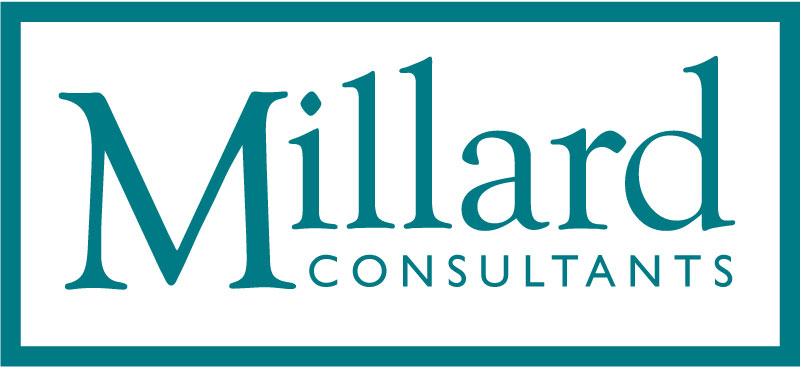Whilst not all Charities are steeped in history, many are and importantly many will be, and this can bring with it a legacy of papers, documents, and other sundry items, not all which fit into a filing cabinet.
Where do we put everything is a common question for charities? Document retention and the archiving of older documents can feel overwhelming and a little intimidating, but it need not be.
Conduct a desktop study
Consider an informal mapping exercise; what you’ve got, how its stored, how often you need it, where it is and what you think might be missing. It might well be that you have different resources in different locations.
Check responsibilities
Check with your insurer, Companies House (if appropriate), HMRC, the Charities Commission and about what documents they expect you to retain – don’t forget your GDPR responsibilities too.
Consider a Document Retention Policy
Consider drafting a policy that incorporates dealing with your resources and lets everyone know what the procedures are and how you deal with resources – both in hard and digital copy. Check what needs to be retained; legal documentation, employment contracts etc, and decide how they will be retained.
Consider utilising the services of a professional archivist
For those charities of a historic nature, an archivist not only presents an opportunity to formally archive documents but also often provides an opportunity to review and write up the history of the charity. Dealing with several issues in one project.
It’s always best to have one person dealing with archiving, otherwise, context, and continuity can easily be lost. A brief for an archivist is often helpful and gives context to the project. Council archive departments, local museums, or local history groups can often help direct you to local archivists.
Outcomes and history can contribute valuable resources to a trustee recruitment or induction process and be utilised for marketing and public relations.
Check with third parties
As part of the initial mapping exercise, it is time well spent considering who else might hold duplicate information on your behalf, solicitors, accountants, or agents perhaps.
Keep a log and get receipts
With home working becoming more normal, it’s often the case that paper files may end up in a home office. We’ve retrieved files from trustees’ lofts, years after they’ve been involved with the charity! Make sure you know, what is stored where and any responsibilities which might be attached to them. Contact with former trustees, employees or volunteers might unearth some nice surprises!
Storage
Your local county authority will have a County Archives and may be willing to store documents for you, depending on the history of your charity a local museum might also be interested in certain items.
Storage within offices is also an option but it’s best properly managed and regularly checked for both condition and necessity.
Spring clean
Don’t keep putting it off! Dealing with documentation can be overwhelming and very time-consuming – deal with it in phases in bite-size amounts. Start with a plan, relay issues to trustees always, and provide an update periodically, perhaps even set targets if appropriate.
Surprises
If your charity had a long history, be prepared for interesting things to emerge, but try not to get bogged down in too much detail, unless necessary.
Whilst it can be lovely reading through boxes of thank you letters, it’s not always the best use of your time.
Keep a record
Once the exercise is complete, keep a record of where items are, why they are stored, and when this can be reviewed.






